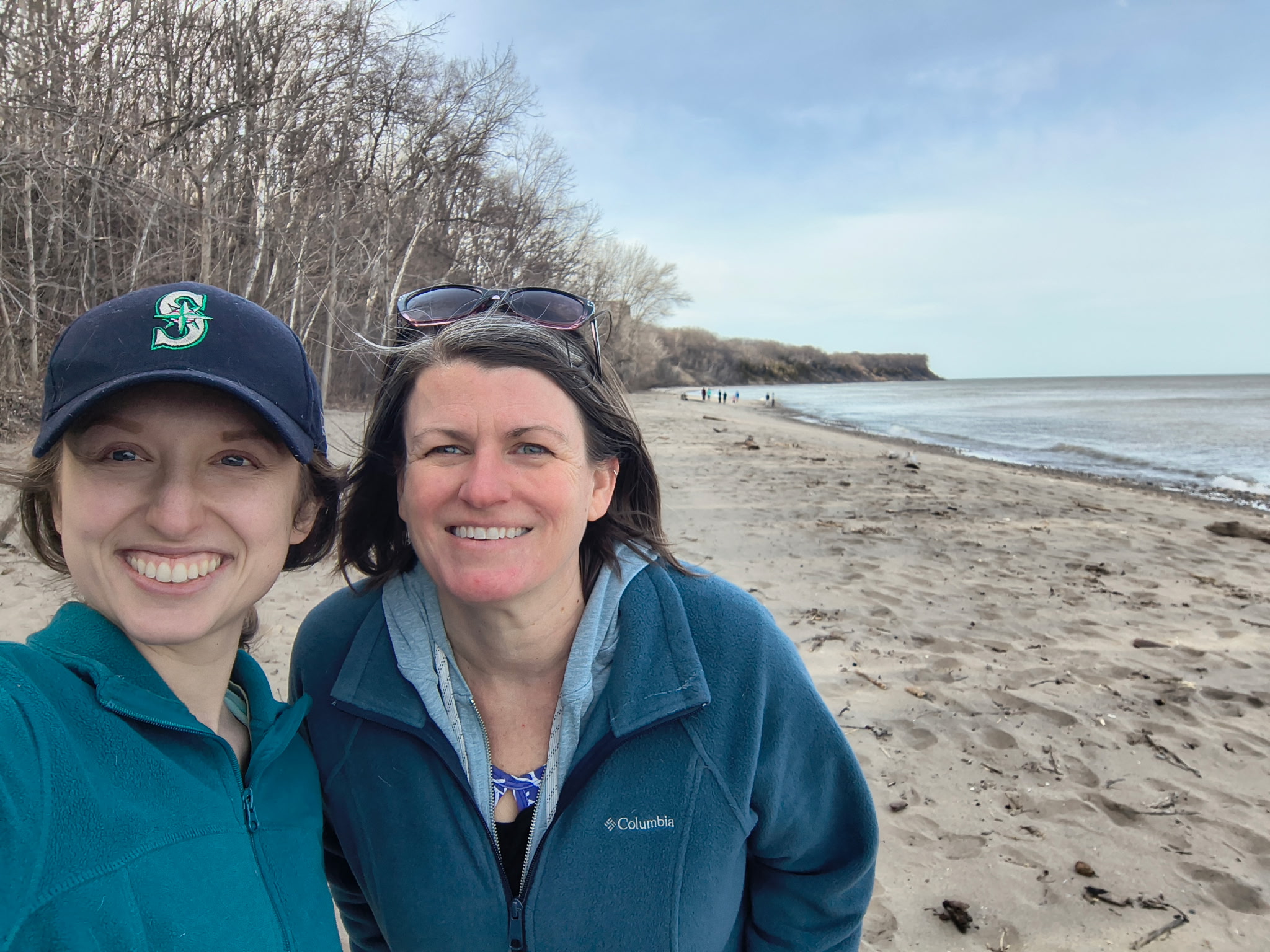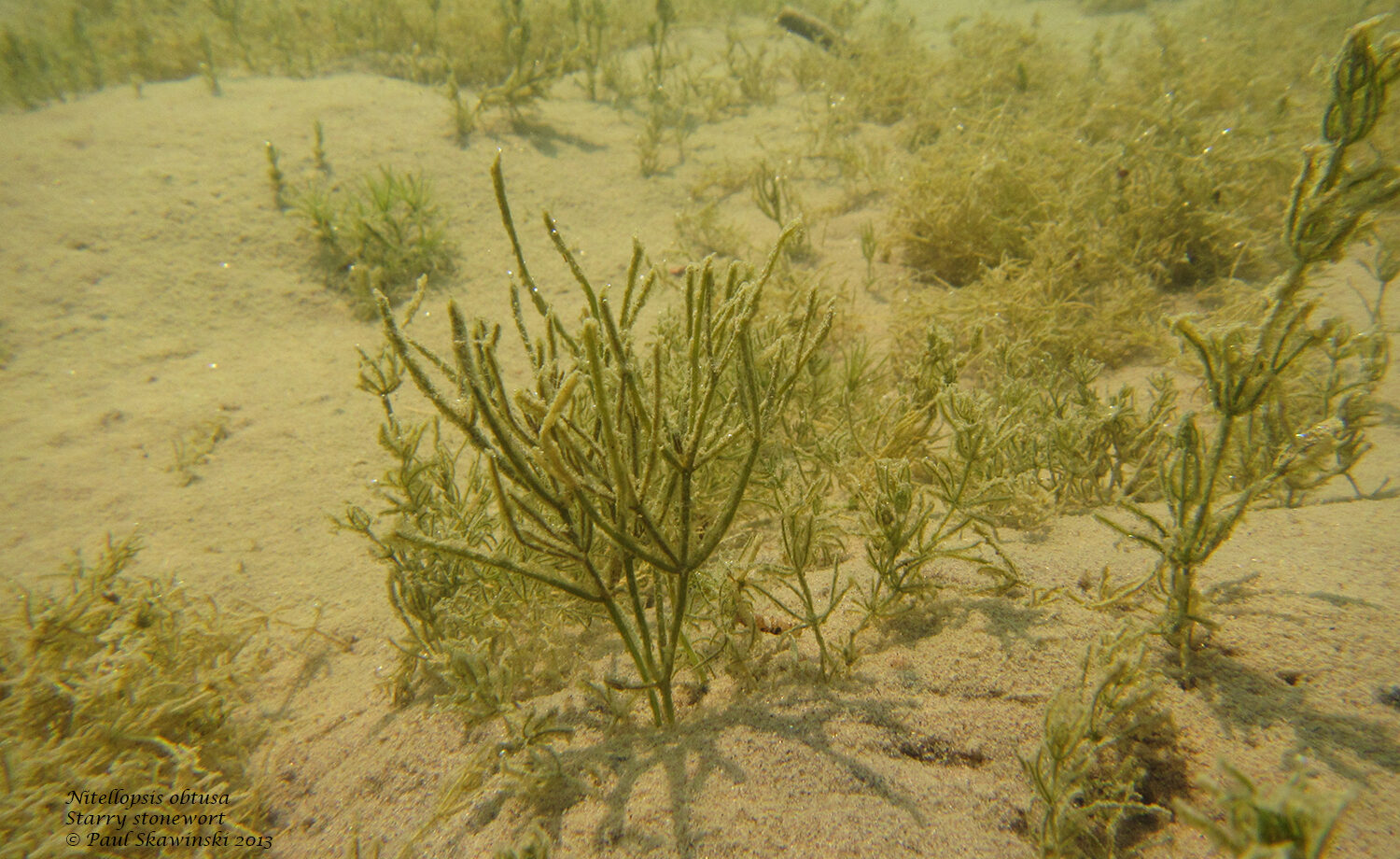Danielle Cloutier was very young when she first realized she wanted to be a scientist.
Like, really young.
The six-year-old Cloutier asked her grandmother, a botany professor at the Carnegie Mellon Institute, to bring home a feral pig for her to dissect.
And she did.
“I remember the smell of the formaldehyde,” Cloutier said. “But mostly, I remember the time with my grandmother.”
Seventeen years later, Cloutier finds herself on the brink of what appears to be the next step in a promising scientific career. The University of Milwaukee School of Freshwater Sciences graduate student, who’s currently working on finishing her Ph.D. in environmental microbiology, will head to Washington, D.C., later this year, there as one of Wisconsin Sea Grant’s 2017 Knauss Marine Policy Fellow finalists.
Cloutier grew up in Racine, Wis., where she considered herself the “black sheep” of the family, in that both her parents gravitated toward economics, while she was drawn to science. It’s become clear in the past few years, however, that mom and dad have had an impact.
Cloutier has spent that time working in the lab of Dr. Sandra McLellan, the School of Freshwater Sciences professor whose critical work on beach safety and water quality has informed beach remediation efforts across the Great Lakes region. Cloutier’s own graduate work focuses on the same area, looking at the influence of land use, nutrients and geography on microbial communities at Great Lakes beaches.
“It was all me in the lab,” she said of the two years of field work she did with McLellan. “There’s nothing better than spending the day on the beach and in the water.”
But all that field work also showed Cloutier that here’s a distinct economic impact healthy beaches confer to their communities —and that there’s a big world beyond the lab.
“Initially, I was interested in going academia after my doctoral degree,” said Cloutier. “I didn’t know what my options were. The School of Freshwater Sciences exposed me to other possibilities.”
Cloutier’s hoping to land a Knauss assignment in a legislative office, as recent Wisconsin Sea Grant Knauss fellows have, there to work on coastal issues and policy.
“While my mind has always been comfortable in science, my ability to make the biggest impact has become important to me,” she said. “The more scientists we have on Capitol Hill, the better. The idea of actionable research has really struck a chord with me—what type of questions are you asking, and how can you make the answers mean something?”
That’s music to the ears of Jennifer Hauxwell, Wisconsin Sea Grant’s Assistant Director for Research and Student Engagement, who has made actionable science a key part of her fellows program.
Cloutier’s dividing her time this summer between finishing her Ph.D. in Milwaukee and working two days a week in Madison with the state Department of Natural Resources on beach-monitoring strategies, work that has put her in contact with Wisconsin Sea Grant Staff Scientist-Coastal Beach Specialist Adam Mednick. She’s also planning her upcoming wedding, so it’s safe to say she has a full summer.
In November, Cloutier will head east to participate in the Knauss placement process that will determine her fate. While she’ll be leaving her beloved tuxedo cat Theodore in the care of her soon-to-be-husband here in the Midwest, she’ll be much closer to her family members, who are located in Connecticut.
Don’t expect her to stay o the East Coast if she can help it, however.
“The more I’ve experienced the beauty of the Midwest’s freshwater resources, the more I see it’s something that’s worth protecting,” she said. “I definitely want to be part of that.”
To watch a video interview with Danielle Cloutier, visit
https://www.seagrant.wisc.edu/home/default.aspx?tabid=575&VideoID=143





